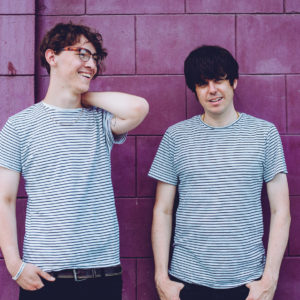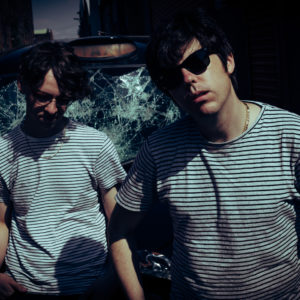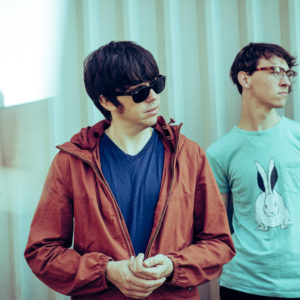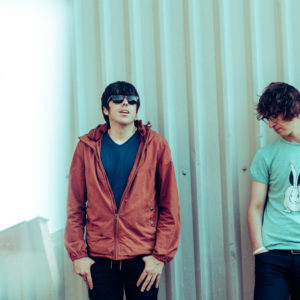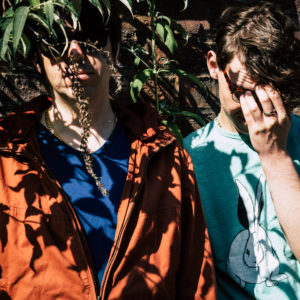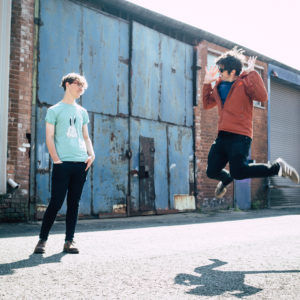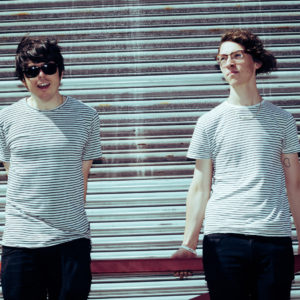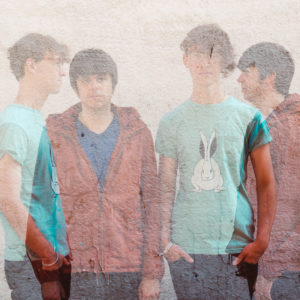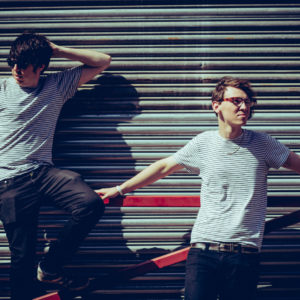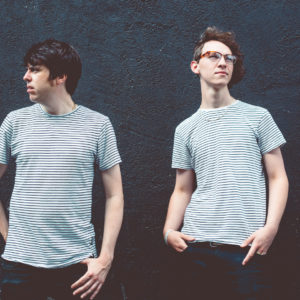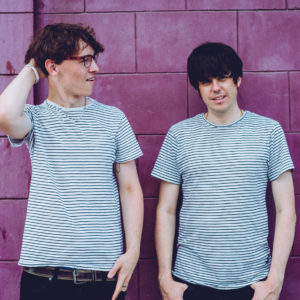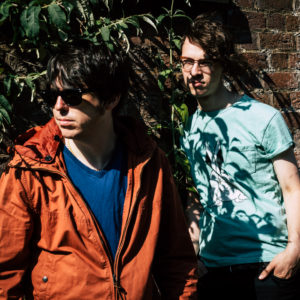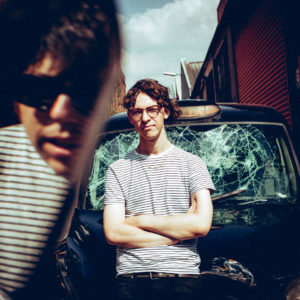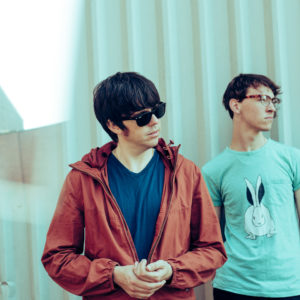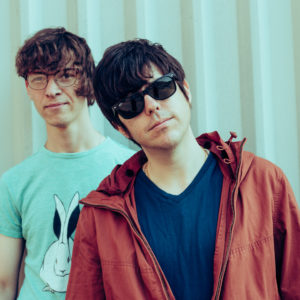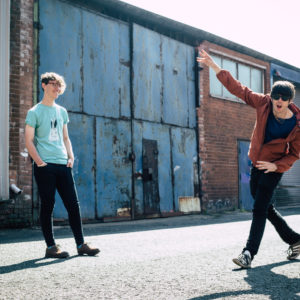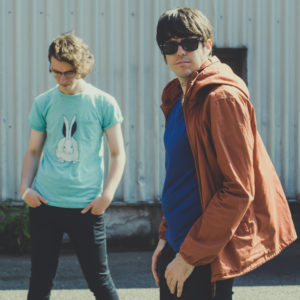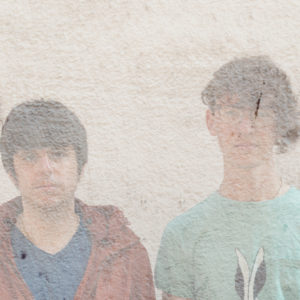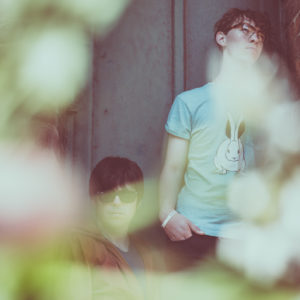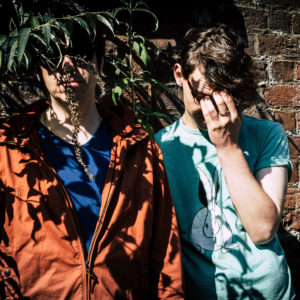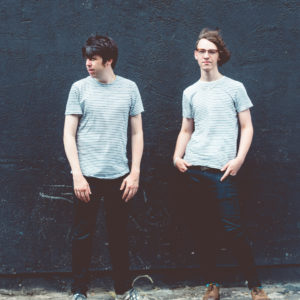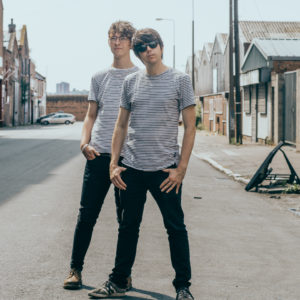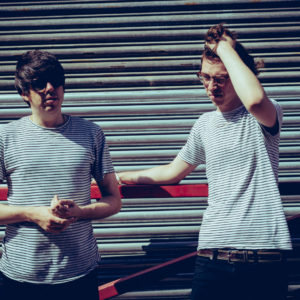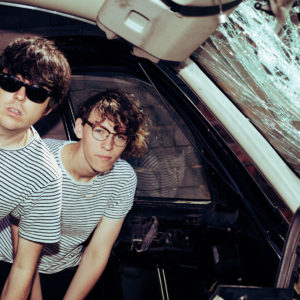Biography
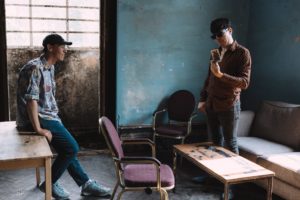 What does rock ‘n’ roll mean to you? Is it consummate decadence, the kind you can splash across headlines and hotel rooms, characterised by a catalogue of box-ticked breakages: hearts, limbs, spirits, bottles, TVs, promises? Nobody’s surprised anymore. There’s an entire generation coming through for whom rock ‘n’ roll is essentially one grand Spinal Tap reference, a ridiculous concept that no longer stands up without layers of supporting irony. To say that it belongs in the past becomes tautology: it is the past, and any attempts to rehome it in the present become a point of outright fucking hilarity.
What does rock ‘n’ roll mean to you? Is it consummate decadence, the kind you can splash across headlines and hotel rooms, characterised by a catalogue of box-ticked breakages: hearts, limbs, spirits, bottles, TVs, promises? Nobody’s surprised anymore. There’s an entire generation coming through for whom rock ‘n’ roll is essentially one grand Spinal Tap reference, a ridiculous concept that no longer stands up without layers of supporting irony. To say that it belongs in the past becomes tautology: it is the past, and any attempts to rehome it in the present become a point of outright fucking hilarity.
You may also recall that there was music attached. From the Beatles and the Stones through to the Libertines and Arctic Monkeys, via myriad splinter cells (punk, post-punk, new wave), the only reason anyone got away with that kind of debauchery was the incredible songs that kicked it all off. In the world of Pleasure Island, live rock music and the thrills that go with it are united once more – and if there’s a few winks and tongues planted in cheeks along the way, it doesn’t mean they’re not serious about the music. If you’d been through some of the adventures that Pleasure Island have both endured and created, you’d have to be.
Formed in Australia by a Liverpudlian ex-pat mine worker called Sean Ekins, the band began as a garage rock three-piece called The Spitfires, based in the world’s most remote city: Perth, Western Australia. They weren’t short of company for long.
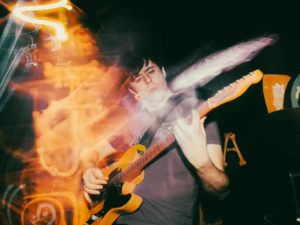
The band started out doing tour supports for The Cribs and British India prior to putting out their first release, the album Songs from the Debt Generation. Immediately after the launch party, the band went home and blew half their house up in a freak barbecue accident, a fate that has yet to befall any member of Coldplay or Mumford and Sons. The album went on to achieve rotation across Australia on RTRFM, 4ZZZ and spot play on FBI, RRR and JJJ with the singles also featuring on national television broadcaster ABC’s rage.
Following a much need hiatus, the band relaunched in Liverpool under the new name Pleasure Island, as a two piece with new drummer Sam Pierpoint, before taking to Liverpool’s Motor Museum studio (where Oasis, the 1975 and the Arctic Monkeys recorded their debut tracks) to record a string of new singles. These tracks distil everything about the bands journey to date into concise indie-punk blasts packed with big riffs, pop melodies and his detached vocal delivery.
Armed with these new tracks, the band have gone on to grace the stages of strings of festivals, including BBC Radio 6 Fringe, LIMF, IVW and Smithdown Road Festival while still finding time to found the Penny Lane Festival in 2023 in between touring across the UK.
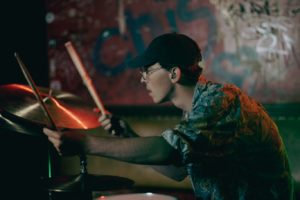 Singles “Priory” (Initially banned, when released under original name “IRA” on the day of Prince Philips funeral) went on to be picked up by Amazing Radio’s Jim Gelatly and making Tom Robinson’s top 5 picks for the week on freshonthenet. With follow up single “Evangelion” receiving multiple spins on BBC Introducing, the band have now been featured by national broadcasters from across the globe and it seems like Pleasure Island are ready to claim their crown as the UK’s most thrilling independent guitar band. The world needs to buckle the fuck up, because they’re about to accelerate. Things could get broken. Rock ‘n’ roll lives on.
Singles “Priory” (Initially banned, when released under original name “IRA” on the day of Prince Philips funeral) went on to be picked up by Amazing Radio’s Jim Gelatly and making Tom Robinson’s top 5 picks for the week on freshonthenet. With follow up single “Evangelion” receiving multiple spins on BBC Introducing, the band have now been featured by national broadcasters from across the globe and it seems like Pleasure Island are ready to claim their crown as the UK’s most thrilling independent guitar band. The world needs to buckle the fuck up, because they’re about to accelerate. Things could get broken. Rock ‘n’ roll lives on.

